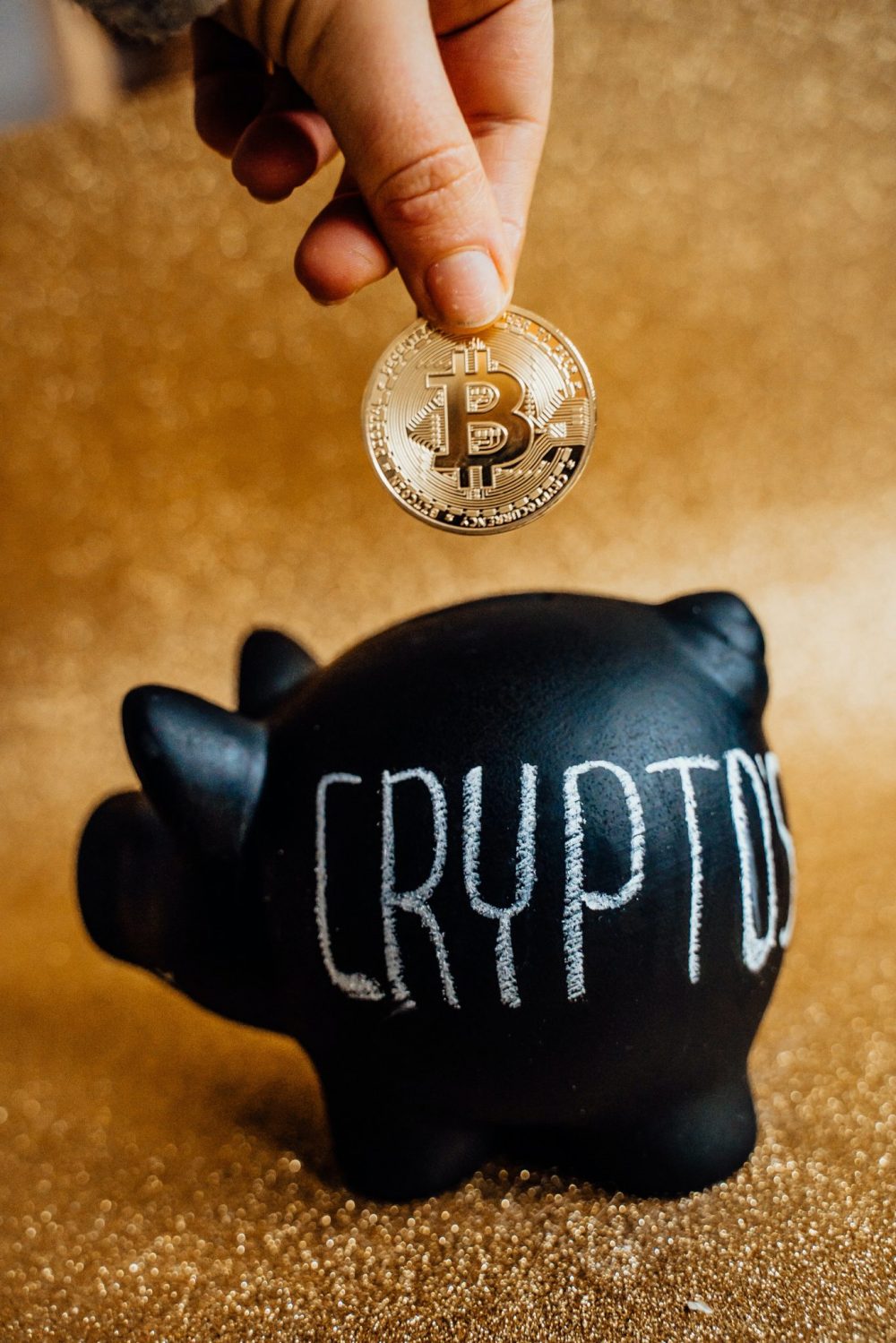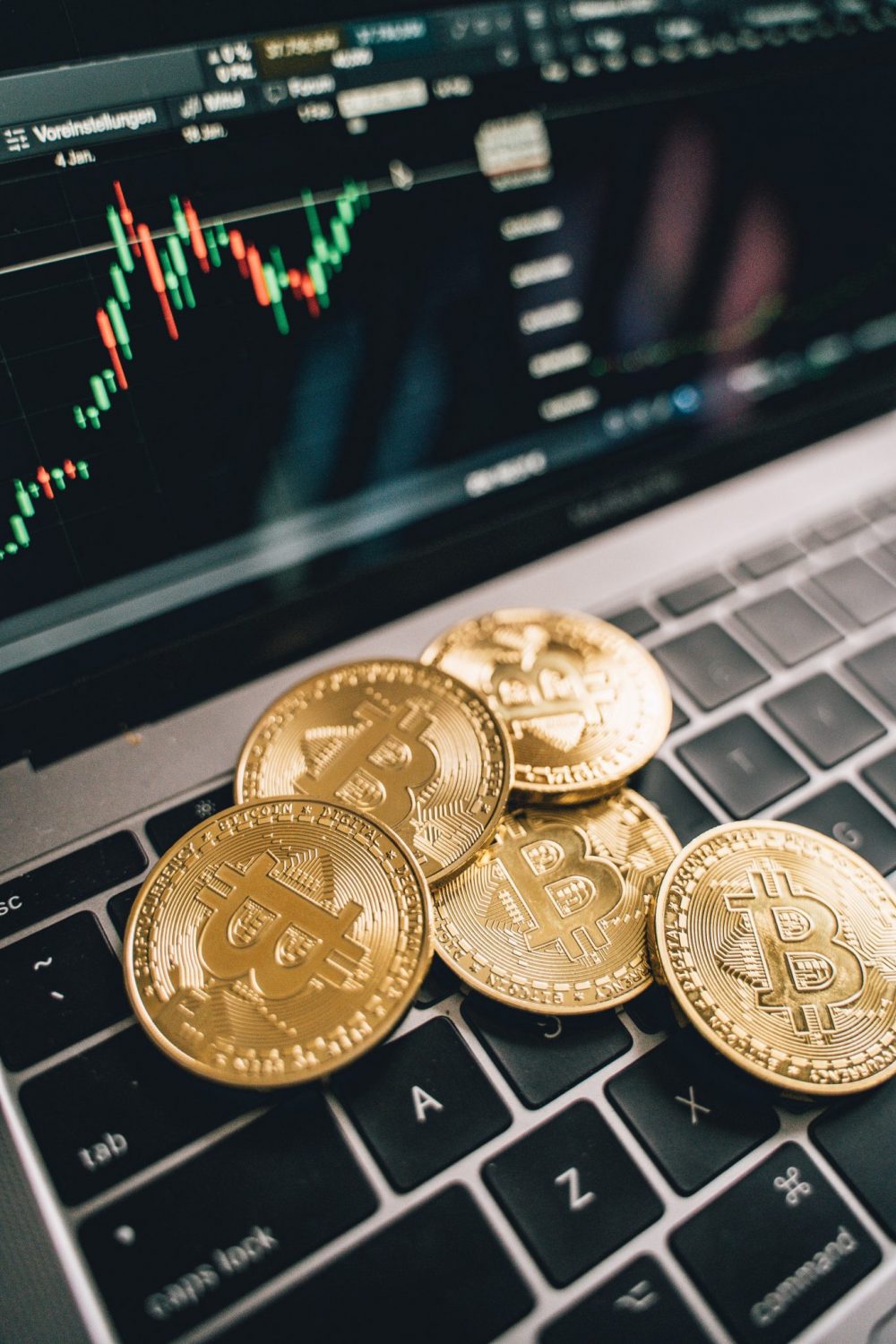The cryptocurrency market is a volatile and risky place for investors. New coins and tokens can appear almost anywhere and anytime, with little to no warning about when or where they will debut. Even if you're interested in investing in the space, it's hard to know where to begin.
There are currently over 1,500 cryptocurrencies, with more launching daily. They all operate on different platforms with different features and offer unique advantages over their competitors. So how do you choose which ones are worth your money?
The Ultimate Guide to Cryptocurrency: What You Need To Know Before Investing
In this guide, we'll explain everything you need to know before investing in cryptocurrency and blockchain technology:
What is cryptocurrency?
Cryptocurrencies are digital or virtual currencies that use encryption to secure transactions and control the creation of new units. They're also known as virtual currencies or alternative currencies.
Cryptocurrencies are decentralized and use blockchain technology as a distributed ledger to record transactions. They are produced and exchanged electronically using software that can be used with any computer, regardless of the operating system.
The first cryptocurrency was Bitcoin, which was created in 2009. Today, thousands of other cryptocurrencies, often called altcoins, are created in many different ways. Many of these altcoins attempt to solve problems associated with Bitcoin and its blockchain technology.
How does cryptocurrency work?
Cryptocurrency uses a decentralized network of computers worldwide to record transactions on a distributed ledger called a blockchain. These computers are known as miners, and they're rewarded for their time with new coins or a share of the new blockchain.
The blockchain is a long list of records, called blocks, which are linked using cryptography. The records in each block are linked to each other and organized into a chain so that every single transaction can be easily traced.
The blockchain is currently one of the most secure and reliable data storage systems, and it's expected to grow in power with the rising popularity of cryptocurrencies.
Cryptocurrencies have no central authority that controls the supply of coins. Instead, the network is decentralized and maintained by the miners. Cryptocurrencies use a consensus mechanism to decide how new blocks are added to the blockchain.
In the case of Bitcoin, there is a consensus mechanism called proof of work, which is used for other decentralized networks. The distributed ledger is secured by consensus, and most cryptocurrency owners must agree to changes. This also means that any breaches or hacks to the ledger are unlikely to change the data on the ledger.
What is your risk tolerance?
Before you invest in cryptocurrencies, you need to decide how much risk you're willing to take. A lot can go wrong with investing in cryptocurrency, and it's essential to understand all the risks. Cryptocurrencies are incredibly volatile and still prone to large-scale hacks and scams.
Even if you invest in a legitimate cryptocurrency, there's no guarantee that it will increase in value over time. You could spend years saving up for retirement, only to have your investments suddenly plummet overnight.
Make sure you understand the risk associated with cryptocurrencies before investing. The higher the risk, the higher your potential reward. Cryptocurrency is a precarious place to put your money; you should only choose it if you're willing to lose it all.
How to buy and store cryptocurrency
There are several ways to buy cryptocurrency, including brokerage services, cryptocurrency exchanges, and peer-to-peer networks. The easiest way to buy cryptocurrency is through a brokerage service.
These services allow you to purchase coins with dollars, euros, or other traditional currencies. They're similar to investing in a stock, and you'll be able to sell your coins whenever you want. Cryptocurrency exchanges let you trade one type of coin for another.
You'll have to research how to buy and sell different coins. Peer-to-peer networks let you trade with other people, often with smaller currencies that aren't available on exchanges. Once you have a wallet, you can store your coins online or offline.
Online wallets are often less secure, while offline wallets give you more control over your coins. Know how you're sending and receiving bitcoin before you do it to avoid any issues.
What's the difference between the different currencies?
The main difference between the coins is how they are created and spent. Bitcoin, for example, is mined using heavy-duty computers to solve cryptographic puzzles. When the puzzle is resolved, the winner is rewarded with a coin.
It is time and labor-intensive; however other coins are developed by an algorithm, but unlike bitcoin, which is a decentralized currency (i.e., no one person or company owns it), coins based on an algorithm are produced by an organization.
Blockchain basics
The blockchain is the underlying technology that powers cryptocurrencies. There are three main ways that the blockchain differs from traditional databases: it's decentralized, it's distributed, and it uses a consensus mechanism.
Decentralization means there isn't a single computer or company controlling the blockchain. Instead, many different computers on the network all have copies of the blockchain and keep it secure. Distributions mean the blockchain is copied and sent to other computers worldwide.
This makes it difficult for hackers to take down the entire network. Consensus ensures that each computer on the blockchain has an accurate history of transactions and keeps a secure blockchain record.
The consensus mechanism used by the blockchain is one of the most important factors to consider when investing in cryptocurrencies. The most popular consensus mechanisms include proof of work, proof of stake, and delegated proof of stake.
Only 5% or less of your portfolio should be crypto.
If you only invest in cryptocurrency, you're doing so at your own risk. Cryptocurrency is extremely risky, and you could lose all of your money. Cryptocurrencies are risky, and there isn't a guarantee that they'll ever be stable investments.
Cryptocurrencies are still considered to be in their infancy, and only a tiny minority of them will become trustworthy long-term investments. Even among the top cryptocurrencies, the best investment strategy is to spread your money across as many different coins as possible.
If one coin crashes and burns, you'll still have plenty of others to fall back on. A good rule of thumb is to invest only 5% or less of your portfolio in cryptocurrencies. If you want to invest more, make sure you do your research and understand all the risks involved.
Risks of investing in cryptocurrency
Cryptocurrency is a risky investment, and there's a chance that you could lose all of your money. There's also a chance that your coins could be stolen by hackers or stolen during an exchange transaction. There's also no guarantee that your coins will be accepted anywhere as a form of payment.
There's a lot of misinformation and confusion surrounding cryptocurrencies. Government regulations are still unclear, and it's hard to determine if certain coins will remain legitimate. Cryptocurrency is still a relatively new field, and it's almost impossible to decide which coins will be worth investing in.
It's also challenging to determine which exchanges are trustworthy and reliable. This makes it hard to decide which coins are worth investing in and which ones are better left untouched.
Final Words: The bottom line
Cryptocurrency is a risky but exciting investment opportunity. There are plenty of risks involved, and there's no guarantee that your coins will be worth anything in the future. However, there's also a chance that you'll make a lot of money if you choose the correct investment coins.
If you're interested in investing in cryptocurrency, understand all the risks involved. There's a chance that you could lose all of your money, so only invest what you can afford to lose. Hold your coins for a long time, and you can make a lot of money.









Leave a Reply